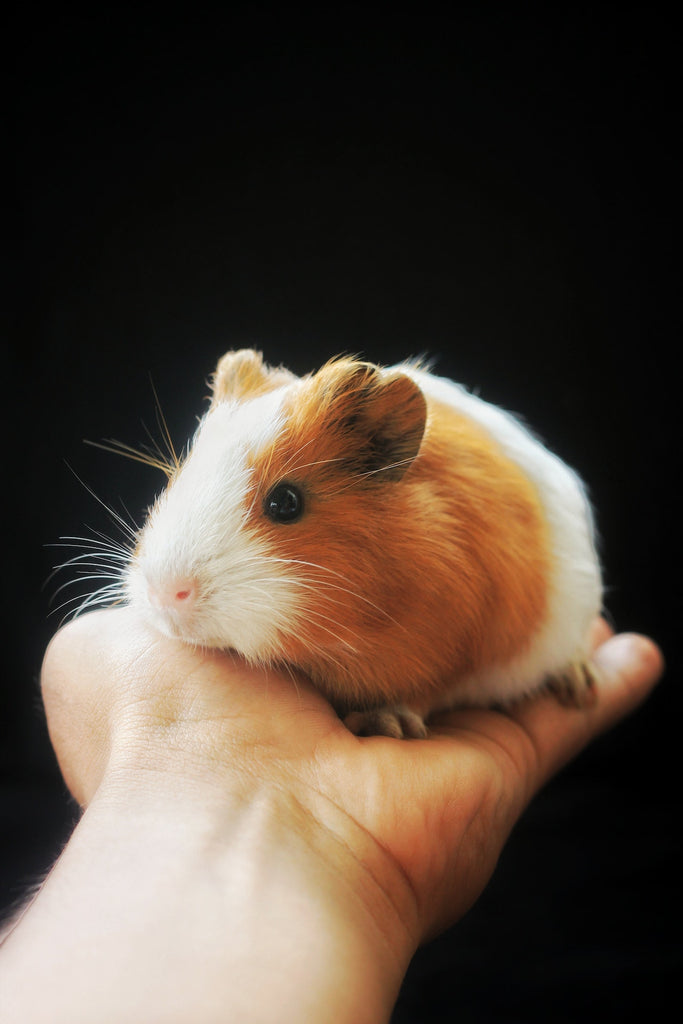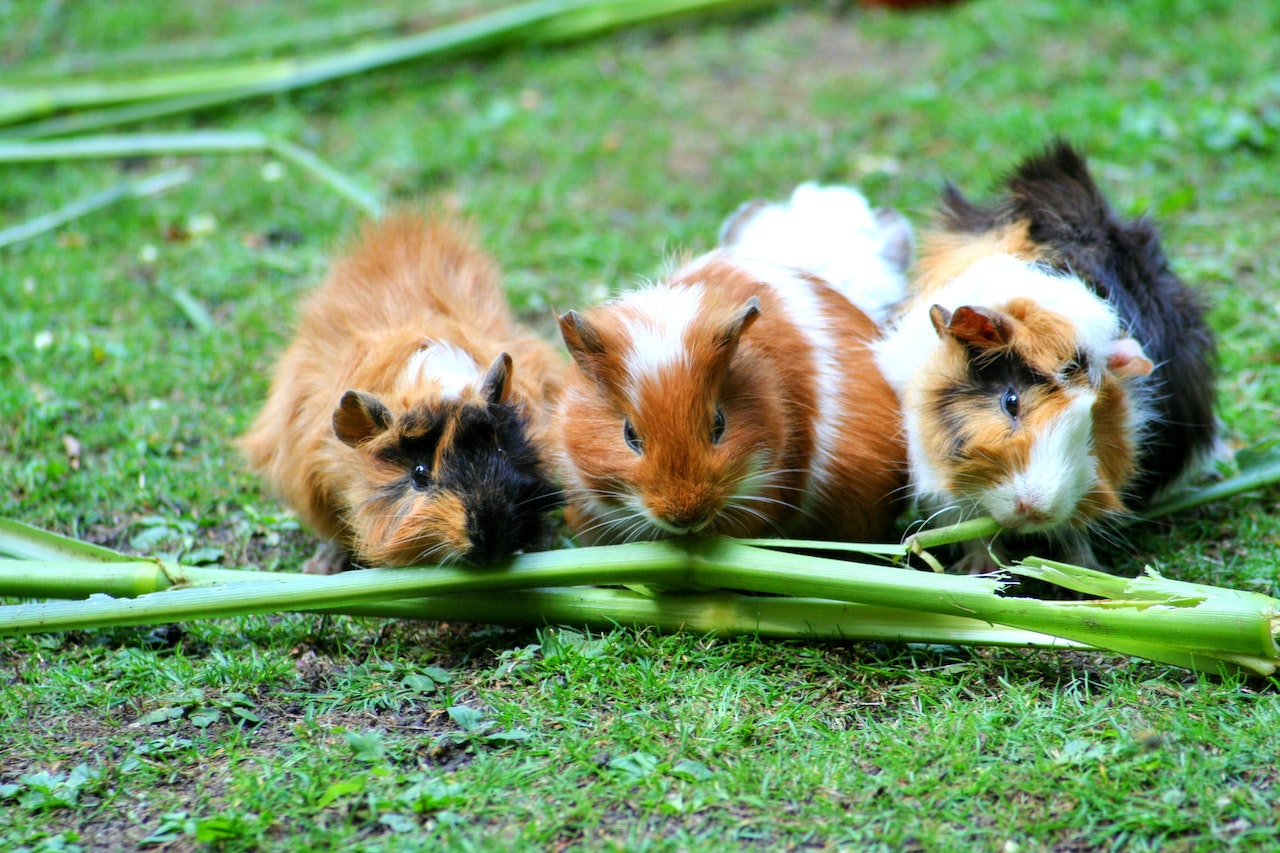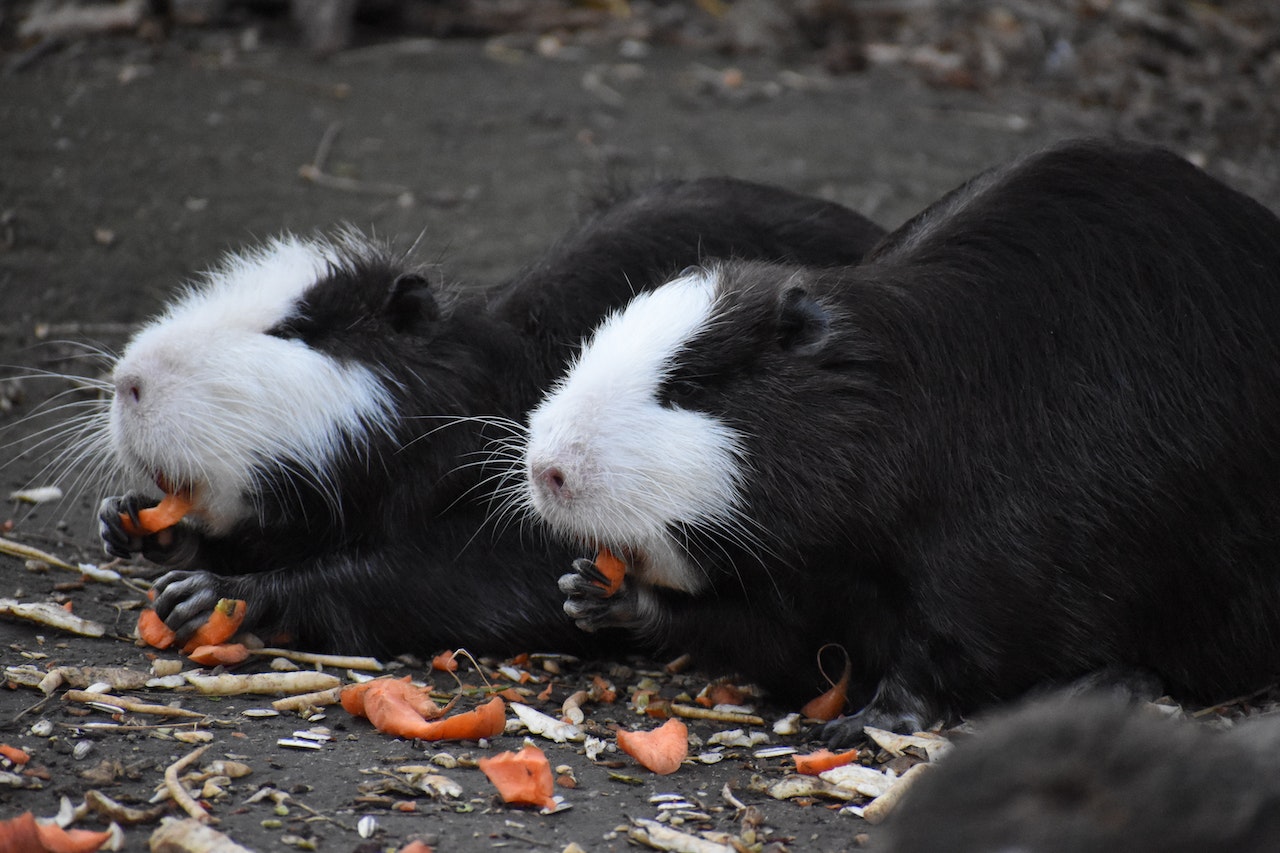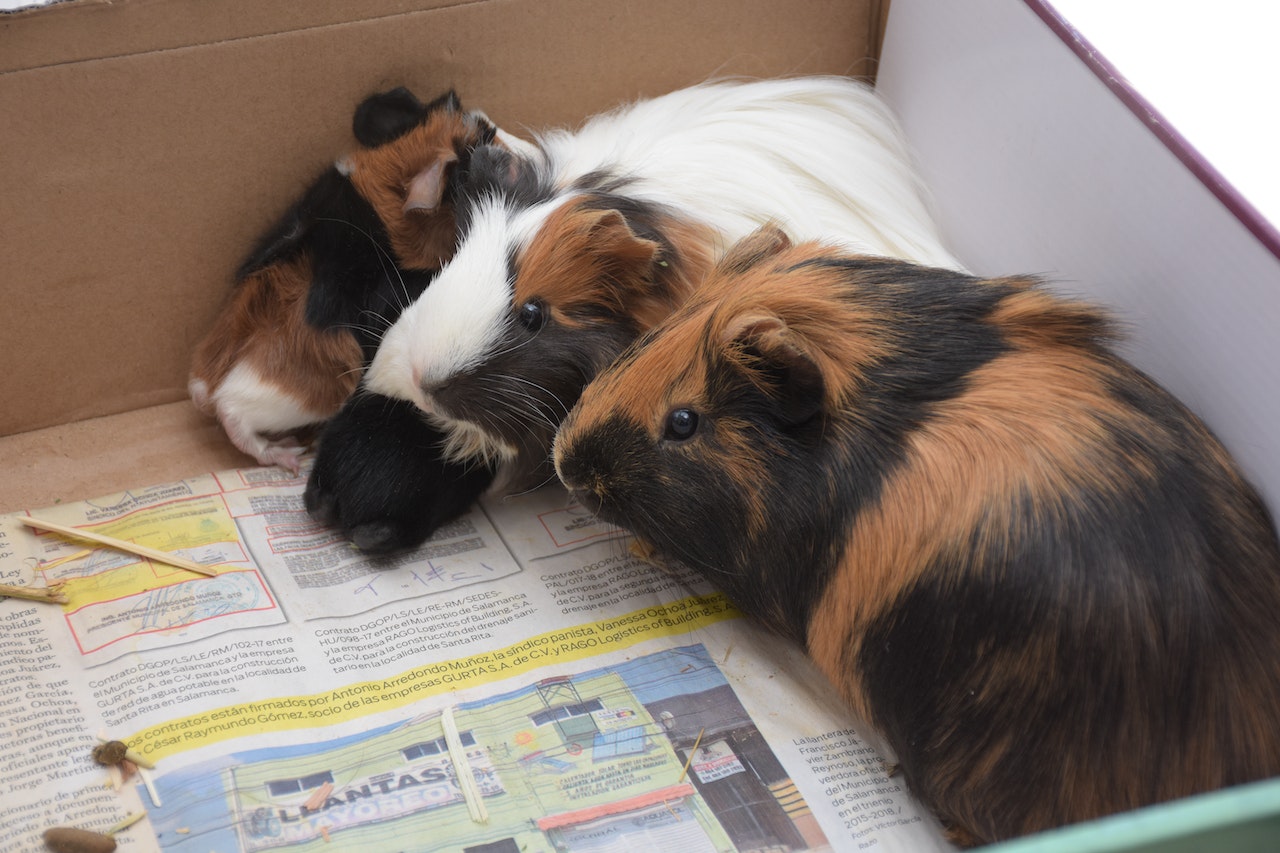
Yam is a starchy, edible root vegetable that belongs to the Dioscoreaceae family. It is native to Africa and Asia but is now widely cultivated in other parts of the world, including the Caribbean, South America, and the united states. There are many varieties of yams, but the most common ones are white, yellow, water, and Chinese yams. This yam can be cooked in varieties of ways including boiling, roasting, baking, frying, or steaming. They can be mashed, pureed, or sliced and used in soups, stews, curries, and other baked goods.
Yams are an important source of carbohydrates, dietary fiber, Vitamin C, vitamin B6, Potassium, and some other essential nutrients. They are also low in fat, and sodium making them a healthy addition to the diet. They are also believed to have medicinal properties, for example, yams are used to treat stomach ulcers in humans, and yam extracts are used to treat diabetes. However, does the same benefit extend to guinea pigs? Can guinea pigs even eat yam?
Can guinea pigs eat yam?
Yes, guinea pigs can eat yam, but it should only be in moderation. Yams are a good source of fiber and vitamin C, which are important nutrients for guinea pigs. However, yams are also high in carbohydrates and should be in small amounts in the digestive system of guinea pigs to avoid causing digestive issues or obesity in guinea pigs.
Also, raw yams can not be perfectly digested in your pet's intestine, and this is why yams should be correctly prepared before feeding them to guinea pigs. It is best to serve a half-cooked yam (not too raw and not too soft) to your pets. This will allow your little cavies to perfectly digest the diet with so much complication attached to them.

Can guinea pigs eat yam peel?
While guinea pigs can eat yam in moderation, it is not recommended to feed them yam peel or skin. Yam skin is tough and can be difficult for guinea pigs to digest, which may cause gastrointestinal problems, such as bloating, constipation, or intestinal blockages. Additionally, yam peel may be sprayed with pesticides or other harmful chemicals, which can be harmful to your guinea pigs' health. Therefore, it is best to feed your guinea pigs only the flesh of the yam, which should be washed, peeled, and slice into smaller cubes before feeding
Can guinea pigs eat yam leaves?
Yes, guinea pigs can eat yam leaves in moderation. This is because they are a good source of fiber, vitamins, and minerals, and therefore they are regarded as a healthy addition to a guinea pig's diet. However, it is important to note that yam leaves should be fed in moderation, as they contain oxalic acid, which can cause health issues if consumed in large amounts. Also, the leaves should be properly washed and rinsed before serving them to your pets to avoid feeding chemicals and pesticides to your pets.
Can guinea pigs eat cooked yam?
No, guinea pigs can not eat cooked yam, however, semi-cooked yam can be a good diet for them. This is because they are a good source of some of the essential nutrients needed in the diet of your pets like vitamin C. When feeding semi-cooked yam to your pets, make sure it is plain and not seasoned with any spices or other ingredients that may be harmful to your pets.
What is the correct proportion of feeding yam to guinea pigs
Guinea pigs can eat yams in moderation as a part of a varied diet, but it should not be a significant portion of their diet. The correct proportion of feeding yams to guinea pigs is around one to two slices of yam, no more than two or three times a week. Yams are also high in carbohydrates, so too much can lead to weight gain and other health problems.
What are the nutritional benefits of feeding yam to guinea pigs
High in dietary fiber
Yam is high in dietary fiber. This makes them a perfect option for maintaining a healthy gut, especially for people who are looking to lose weight. They also support regularity to improve your digestive health, regulate blood sugar levels, and enhance heart health.
Contain vitamin C
Yam has a lot of Vitamin C and B6, which aid in strengthening your guinea pigs' immunity system. This is done by helping them fight common colds or infections and also some other health issues that your little cavies are prone to catching. It is also very good for healthy skin.
High in carbohydrates
It is a healthy food that will help weight gain in guinea pigs suffering from weight loss due to its high-calorie levels. If your guinea pigs need to put on weight, sweet potatoes are the perfect way for them to physically develop themselves.
Enrich in Calcium
Yam may contain a decent amount of calcium which is useful, especially in pregnant or nursing guinea pigs to help them increase their activity performance. Little or baby guinea pigs can also feed on hay in other for their bone to be strengthened. However, yam has a high proportion of calcium, and such varieties should be fed in moderation.
Possible health risks of feeding yam to guinea pigs
Feeding yam to guinea pigs in moderation is generally safe, but there are some potential health risks to be aware of. To start with, yams are high in carbohydrates, which can lead to weight gain and other health problems if fed in large amounts.
Also, yams contain a decent amount of oxalates, and this can bind with calcium and other minerals in the body, forming crystals that can lead to bladder stones and urinary tract problems. Furthermore, yam can lead to choking hazards depending on the size of the cuts.
Lastly, an allergic reaction is another popular health risk of guinea pigs. You should understand that some guinea pigs may be allergic to yam or other foods so it is important to introduce new foods slowly and in small amounts to ensure that they tolerate them well.
Conclusion
Yes, guinea pigs can eat yam, and feeding yam to them in moderation and as part of a varied diet is generally safe. However, it is important to be aware of the advantages and its potential health risks. As it has also been discussed above, it is vital to feed them yam in small amounts, and if you notice anything about your guinea pigs' health and diet, it is recommended to consult a veterinarian.



